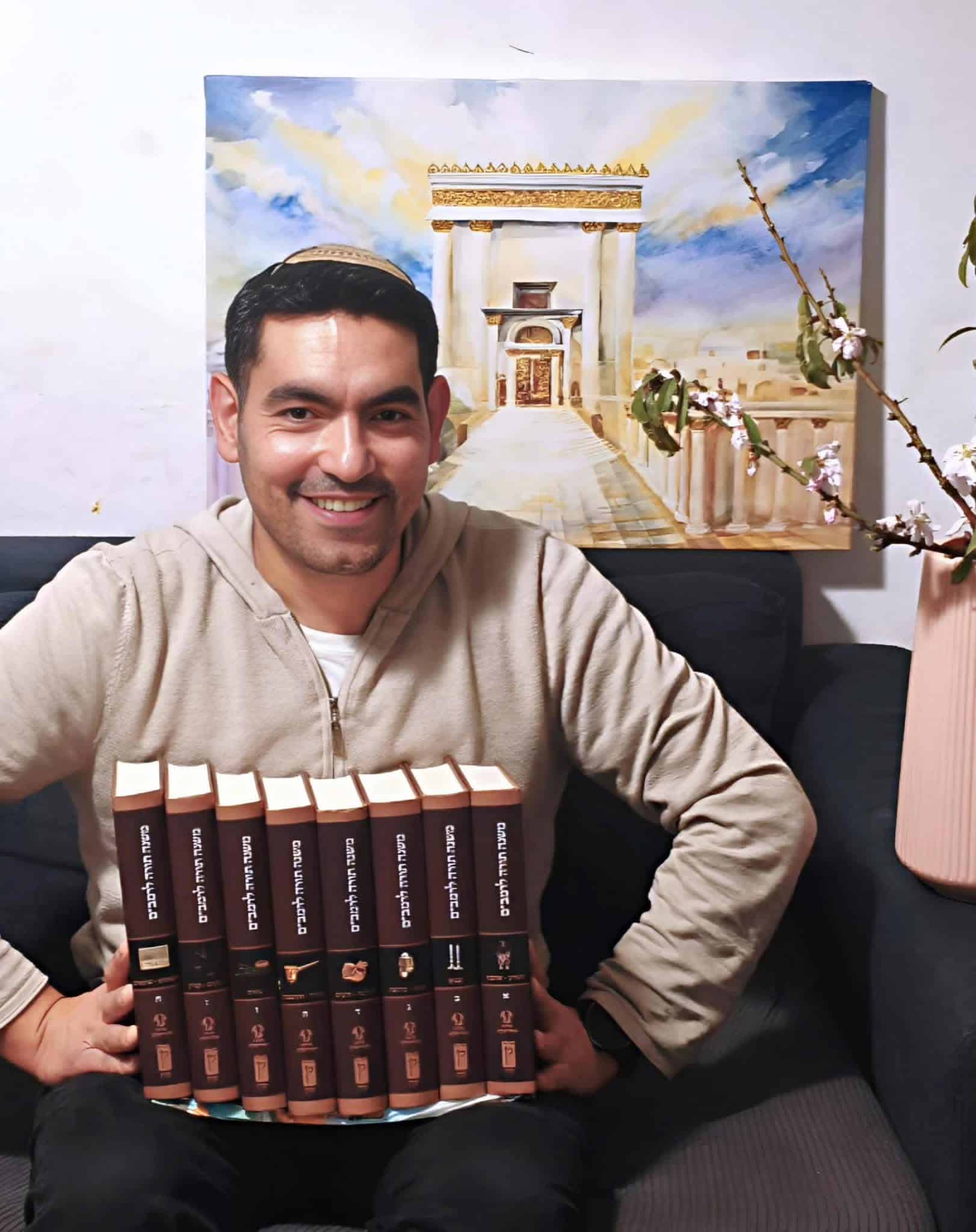Translation by Yehoshua Siskin
Since the world's creation, it was clear that only one son would prevail. Two brothers were born, Cain and Abel. Cain murdered his brother but then Seth was born in place of Abel, even as Cain would have to wander the earth. Afterwards two sons were born to Avraham, Yitzhak and Yishmael, but only Yitzhak would follow in the path of his father while Yishmael was sent away. And then two sons, Yaakov and Esav, were born to Yitzhak. One was a tzadik and one was wicked, one would inherit the birthright and one would not. Therefore Jacob's sons thought that this was a natural, immutable law. They hated Joseph and were jealous of him because they thought that he alone would be chosen to continue in the path of their father Jacob.
After everything that happened to Joseph, he suggests in this week's Torah portion a new and revolutionary model: family unity. Everyone will win. There is no need to throw any brothers into a pit since 12 diverse tribes will perpetuate the legacy of Avraham Avinu, in harmony. It's possible. And where can this be seen? In the sons of Joseph, Efraim and Menasheh, when Yaakov Avinu crosses his hands and blesses his younger before his first born son. Surprisingly, we do not hear about any jealousy or antagonism between them.
They learned from Joseph that it's possible to concede, to go out of your way for your brother, and not to be small- minded. Therefore, when blessing their children on Shabbat evening, parents say: "May God make you like Efraim and Menashe." Children who cooperate with one another make their parents happy, make God happy, and make it possible for the nation of Israel to progress and go forward. At the end of the stormy book of Genesis, Joseph's family sets the tone for generations to come.









